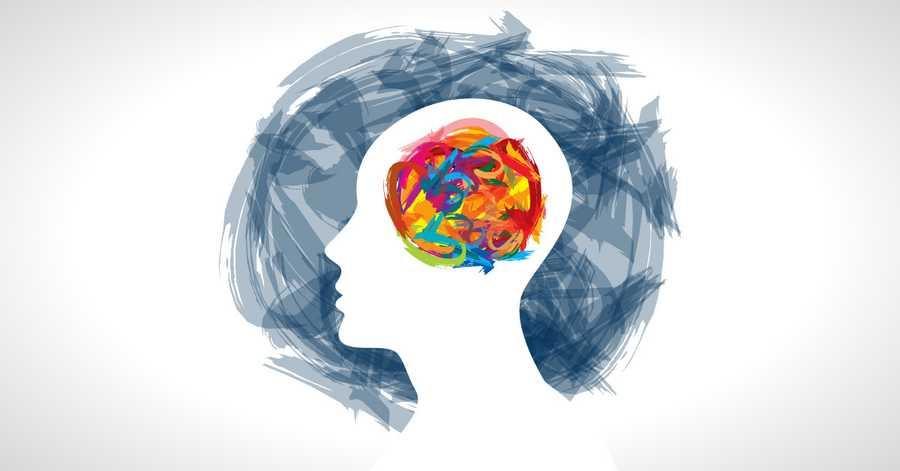The 7 Major Schools of Thought in Psychology
Curated from: verywellmind.com
Ideas, facts & insights covering these topics:
7 ideas
·17.7K reads
163
1
Explore the World's Best Ideas
Join today and uncover 100+ curated journeys from 50+ topics. Unlock access to our mobile app with extensive features.
When Psychology Became A Separate Scientific Discipline
When psychology developed as a science that was separate from biology and philosophy, they did not know how to describe the human mind and behaviour.
Different schools of psychology emerged that represent major theories within psychology. At first, psychologists identified with only one school of thought, but today, most psychologists draw on ideas and theories from various schools.
397
3.92K reads
Psychology: Early Schools of Thought
- Structuralism was the first school of thought and focused on breaking down mental processes into their most basic elements using techniques such as introspection. Major thinkers are Wilhelm Wundt and Edward Titchener.
- Functionalism formed as a reaction to the theories of structuralism and focused on the role that the mental processes play instead of the mental processes themselves. Thinkers associated with this outlook include John Dewey, James Rowland Angell, and Harvey Carr.
381
2.75K reads
Gestalt Psychology
- This school of psychology is based on the idea that we experience things as unified wholes.
- The approach started in the late 19th century in response to the molecular approach of structuralism.
- Instead of breaking down thoughts and behaviour to their smallest parts, the gestalt psychologists believed you should view the whole of experience.
410
3.28K reads
The Behaviourist School of Thought
- Behaviourism suggests that all behaviours can be explained by environmental causes. It includes classical conditioning and operant conditioning.
- This school of thought became dominant in the 1950s and had a significant influence on the course of psychology.
- It is still widely used today, such as behavioural training, token economies, aversion therapy, and behaviour modification programs.
- Prominent thinkers are John B. Watson, Ivan Pavlov, and B.F. Skinner.
367
1.96K reads
The Psychoanalytic School of Thought
Psychoanalysis emphasises the influence of the unconscious mind on behaviour.
Sigmund Freud found this school of thought. He believed that the mind was composed of three elements that interacted to create complex human behaviours:
- Id consists of primal urges.
- Ego is the part of personality that deals with reality.
- Superego is the component that holds all of the ideals and values we internalise from our parents and culture.
Major thinkers include Anna Freud, Carl Jung, and Erik Erickson.
376
1.87K reads
The Humanistic School of Thought
- Humanistic psychology is a response to psychoanalysis and behaviourism and focuses on individual free will, personal growth, and self-actualisation.
- This school of thought is focused on helping people achieve and fulfil their potential. It had a huge influence on positive psychology that centres on helping people live happier and more fulfilling lives.
- Major humanist thinkers include Abraham Maslow and Carl Rogers.
376
1.88K reads
Cognitive School of Psychology
- Cognitive psychology studies mental processes, including how people think, perceive, remember, and learn. It is related to other disciplines such as neuroscience, philosophy, and linguistics.
- This branch of psychology emerged during the 1950s as a response to behaviourism that failed to account for how internal processes impacted behaviour. Research topics include information processing, language, memory, and perception.
- Jean Piaget proposed the stages of cognitive development theory.
373
2.11K reads
IDEAS CURATED BY
Musa 's ideas are part of this journey:
Learn more about personaldevelopment with this collection
How to find purpose and meaning in life
How to cultivate gratitude
Techniques for managing negative thoughts
Related collections
Similar ideas
8 ideas
The 7 Major Schools of Thought in Psychology
verywellmind.com
7 ideas
What Personality Theories in Psychology May Tell You About Yours
verywellmind.com
10 ideas
The Origins of Psychology: History Through the Years
verywellmind.com
Read & Learn
20x Faster
without
deepstash
with
deepstash
with
deepstash
Personalized microlearning
—
100+ Learning Journeys
—
Access to 200,000+ ideas
—
Access to the mobile app
—
Unlimited idea saving
—
—
Unlimited history
—
—
Unlimited listening to ideas
—
—
Downloading & offline access
—
—
Supercharge your mind with one idea per day
Enter your email and spend 1 minute every day to learn something new.
I agree to receive email updates

